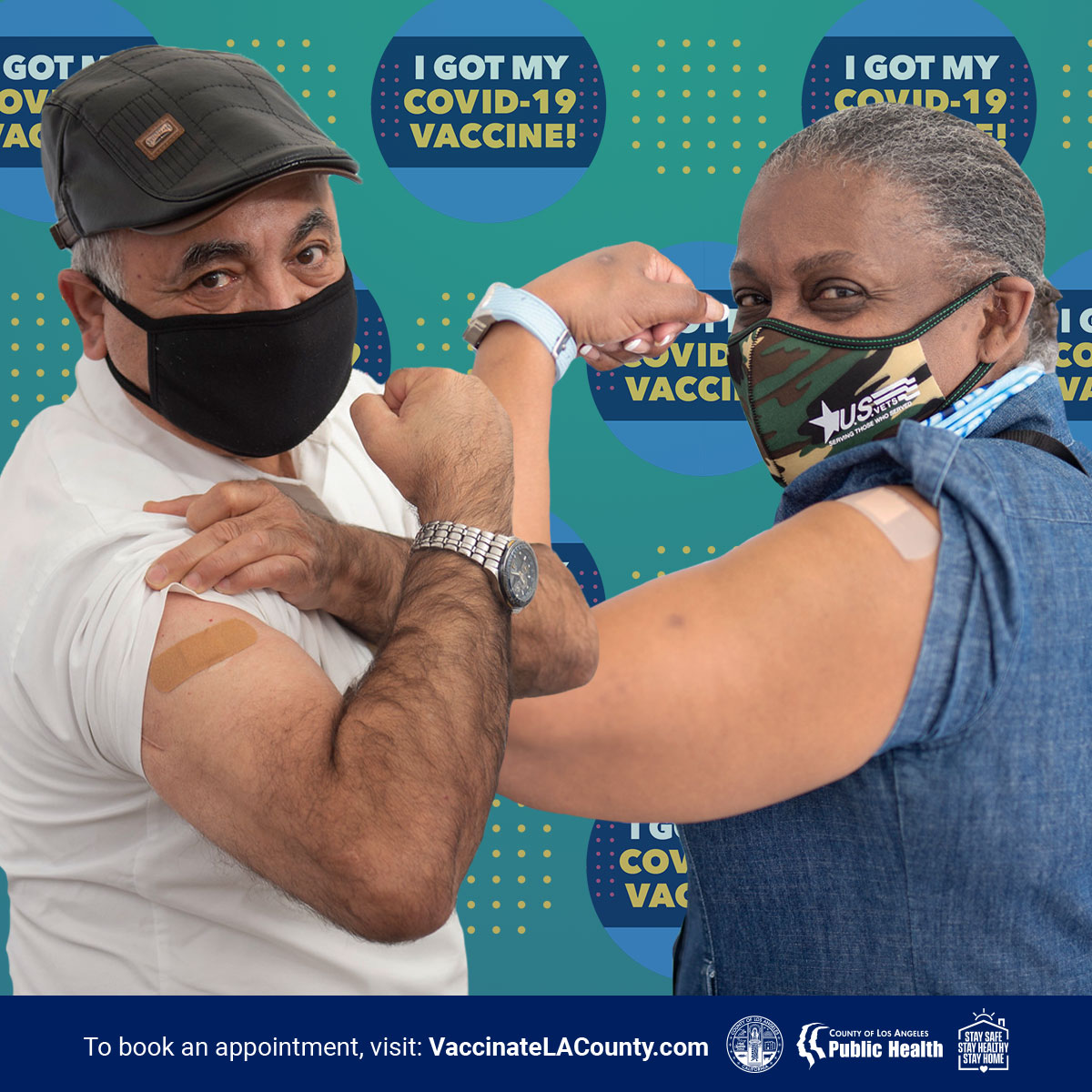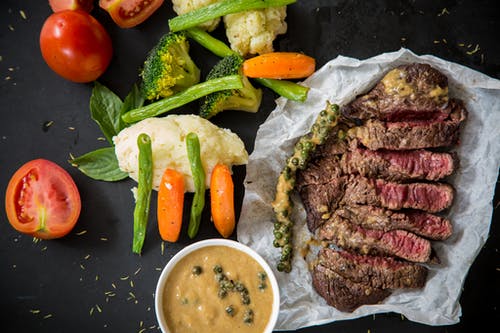As President Joe Biden moves to speed up the distribution of vaccines to combat the devastating effects of the coronavirus pandemic known as COVID-19, measures to get more groups eligible for the vaccines. Recently announcing that all tiers of vaccine distribution would be lifted, has enabled anyone over the age of 18 in the U.S. to get vaccinated. However with the ongoing roadblocks that make vaccine distribution a challenge — from shortages of supply to lack of access to vaccine hesitancy a mutant variant known as the B117 UK variant which is said to be more contagious and virulent than its predecessor could become the dominant strain by summer. In a recent briefing organized by the Ethnic Media Services, doctors and scientists tried to give some answers to the question “Can the U.S. achieve herd immunity before the B117 prevails?”.
Dr Nirav Shah – Adjunct Professor of Medicine – Primary Care And Population Health at Stanford University in his overview of vaccine vs. variant, shared that the story of variants is simple, the more viruses there are the more chances of variations there will be. He said there is always the possibility that one may be different and that slight change can be the game-changer. He expressed this as a reason therefore for the race to get as many people as possible protected. The CDC is working hard on understanding how these variants are happening. Dr. Shah broke down the 3levels to focus on as far as the virus variants are concerned: interest, concern, and high consequence.
Dali Fan, UC Davis Health Science Clinical Professor, discussed the rollout of the Johnson and Johnson vaccine, and its impact on getting the U.S. vaccinated by this summer. He shared the following about Johnson and Johnson vaccine:
- Overall prevention for moderate/severe COVID -19 infection) : 67%
–(14 and 28 day)
- Important prevention:
–Severe COVID-19, 14 days or later: 77%
–Severe COVID-19, 28 days or later: 85%
–Severe COVID-19, 49 days or later: 100%
- Against Hospitalization: 93%
- Against Death: 75%
- Against Asymptomatic infection: 75% (at 10 weeks)
Summary of the Available Evidence:
- Serious adverse events were Low: 0.4% (similar to placebo)
Do not compare apples and oranges
–The 3 vaccine trials were done at a different time and places
–The 3 vaccine trials were done against different viral mutants
–No trials compared efficacy between vaccines in the same study at the same time
What we do know about all 3 COVID vaccines
- All 3 COVID-19 vaccines are efficacious (range 65 to 95%) against symptomatic COVID-19
- All 3 COVID-19 vaccines reduces COVID-19 hospitalization (≥89%)
- No vaccinated patients died from COVID-19 in clinical trials
https://emergency.cdc.gov/coca/calls/2021/callinfo_030221.asp
How does J&J Vaccine fit:
- Characteristics of the J&J vaccine
–1 dose only
–Transport, and storage (x 3 months) at 2-8oC
–No diluent/reconstitution necessary
How does J&J Vaccine fit:
- Where?
–Mobile/pop-up clinics
–Newly established vaccine administration sites
–Sites that do not have freezer capacity
Who?
- People who want to be fully vaccinated quickly
- People who don’t want/can’t return for a second dose
- Mobile populations or homebound populations
Where are we now:
- President Joe Biden announced March 11 goal to “Make All Adults Eligible for Vaccine by May 1”
- Pfizer/BioNtech, Moderna and J&J vaccines are the 3 players on our side, vaccine distribution has become bottlenecks
Everybody will do his/her part:
- Doctors, nurses, pharmacists, industry, political leaders, educators, volunteers
- Community effort
Dr. Daniel Turner Lloveras, Founding Member of the Latino Coalition Against COVID-19. addressed vaccine inequity in the LatinX community and highlighted the “Digital Companero” program, a new initiative to address vaccine-related digital literacy. He shared the impact of herd immunity and we could see a return to normalcy only when we reach the threshold of vaccinations. He lamented that because the last administration did such a poor job on the rollout handing it over to states the results are not as encouraging because most states do not have the capacity to do so. Now more than ever states need to come together to share resources.
The inequities, he said, persist in the Latinx and black communities due to certain factors and particularly the digital divide. Going virtual affected these communities twice as much due to lack of internet access. Because all resources are online this is now a civil rights issue and something needs to be done to bridge the accessibility and inequitable distribution. Major groups affected in areas of education and health access, the elderly, immigrants, and blacks who do not have internet access are left behind. These groups need to be taught the skills to care for themselves. Also, vaccine hesitancy is a big factor and there is no clarity why. Is it a lack of access, skills, education, or both? Virtual town halls may be an effective way to reach these communities and bringing trusted community members and groups to reach them and impart to them the importance of the vaccines.
Kim Rhoads, Associate Professor, Epidemiology & Biostatistics at UC San Francisco’s School of Medicine shared her thoughts on vaccine inequity in the Black community, and the pop-up testing and vaccination sites she built in Oakland in partnership with Umoja Health. Taking resources to the community and education has been a very useful tool. She shared that the pop-up model has been a major asset in reaching testing sites. They have been an official vaccine provider because of trust issues as a result of historical experiences in the black community. More information can be found at unitedinhealthoakland.org









